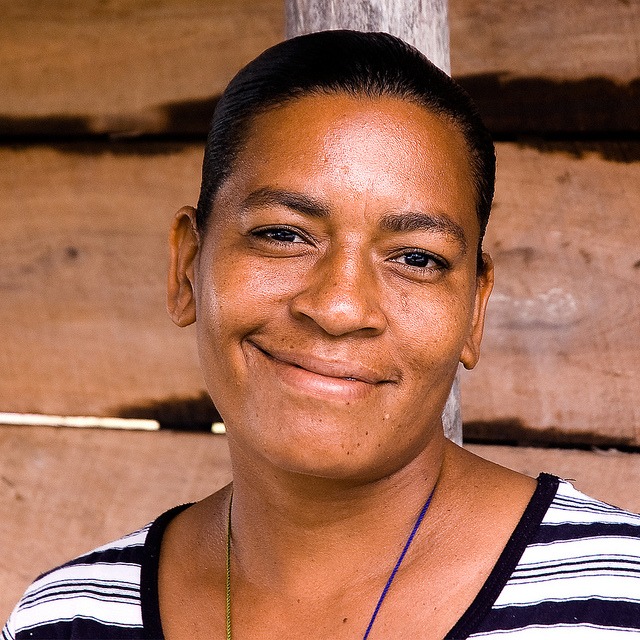
Creole Culture of Belize
Ask any Belizean about the popular song written by Gyal Leelah Vernon and they’ll immediately recite the colorful refrain of “Ah wah no who seh Kriol no gat no kolcha” or “I want to know who says that the Creole have no culture.” Written in Creole by a local musician, the song has become the unofficial anthem of the Creole people, a culture that is often overlooked in a country of many different backgrounds and ethnicities.
The Creole people of Belize emerged from a population of African slaves who intermingled with lighter skinned Europeans. This miscegenation led to the Creole people exhibiting a wide range of physical characteristics, including skin tone and hair type. During the colonial era, healthy and physically fit young men and women in Africa were clapped in chains and forced into a life of slavery in British territories in the Caribbean.
Although the African slave trade first began in earnest 400 years ago, the majority of the ancestors of today’s Creole people in Belize arrived in the New World during the 18th century when the slave trade was at its most profitable. By 1745, approximately 71% of the colony then known as British Honduras (today’s Belize) was composed of approximately 71% slaves. By 1779, a staggering 86% of the population of the colony now known today as Belize were chattel slaves. Imported African slaves in Belize were used for a variety of difficult and physically demanding jobs, including the harvesting and processing of sugarcane, a hugely profitable venture for white European plantation owners. African slaves in Belize also performed a myriad of housekeeping duties, including cooking, cleaning, and taking care of children both white and black.
In 1838, Britain outlawed slavery both at home and throughout its colonies. As legal and social restrictions on miscegenation became relaxed in Britain’s overseas territories, unions between individuals of European and African descent began to increase, ultimately creating the people known today as the Creole. The long, brutal history of slavery remains an important part of modern Creole psyche, but many Creoles draw strength from the resilience of their ancestors in the face of horrific oppression and abuse.
In modern-day Belize, the Creole people are generally known for their laid-back, easygoing, Caribbean ways. Constituting the biggest ethnic group in Belize, the Creole are recognized for their acceptance and embrasure of the other assortment of cultures in the country. The Creole language continues to serve as the most common language, used by other ethnic groups to communicate, serving as the unofficial official language of Belize.
